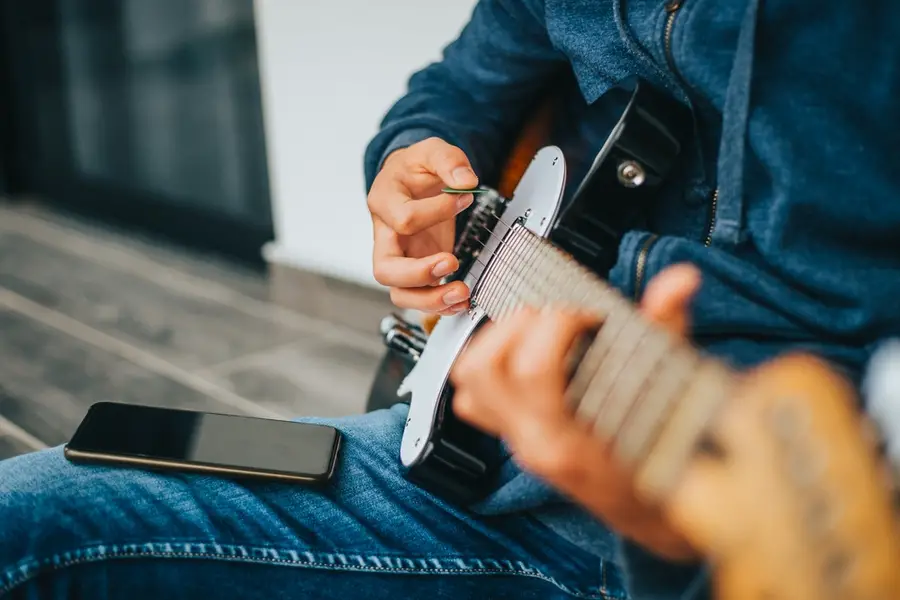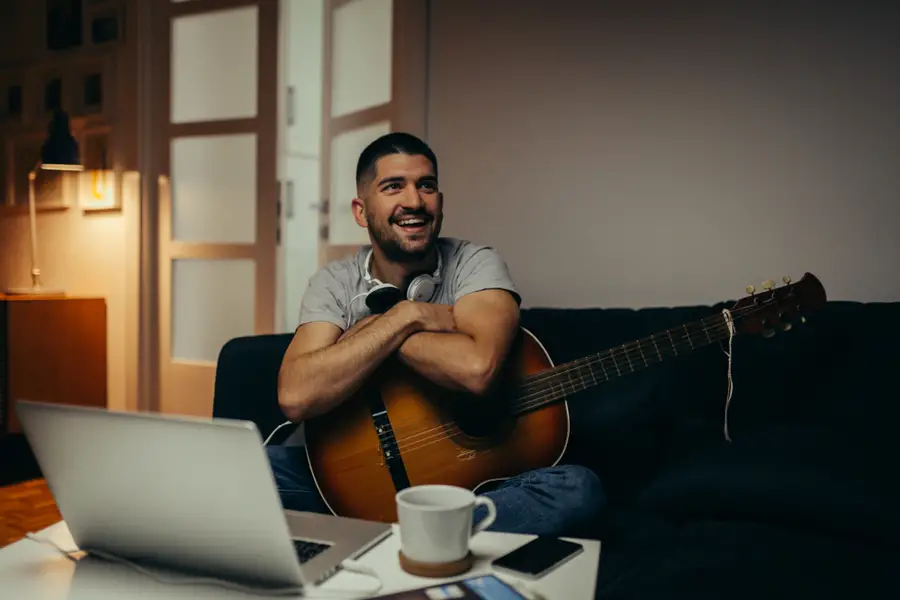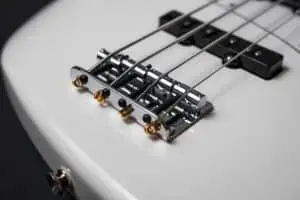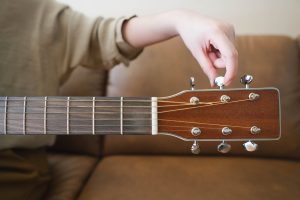
Just like any other skill, the more you practice the guitar, the better you’ll get. But how often should you be practicing? And what should you be doing during those practice sessions?
The answer to these questions depends on your goals and your current ability level.
If you’re a beginner guitarist, you should aim to practice for at least 20-30 minutes per day. However, it’s more important to focus on quality practice time rather than quantity. Take breaks as needed and mix up your practice routine to keep things fresh.
If you skip a few days of practice, don’t worry – you can always pick up where you left off. Just remember to focus on the things you’re weak at and measure your progress regularly to ensure you’re making the most out of your practice time.
This article will give you an overview of how often you should practice the guitar, why quality practice is more important than quantity, and some benefits of taking breaks and mixing up your practice routine.
The Recommended Amount of Practice Time for Guitarists

Any musician will tell you that practice is essential for mastering their craft. But it can be challenging to know how much practice time is really needed when you’re just starting out.
For beginner guitarists, the answer depends on several factors, including how often you play and what your goals are.
Generally speaking, most beginners should aim to practice for at least 30 minutes per day. The key is to be consistent and make sure that each practice session is focused and productive.
Of course, even 30 minutes a day can be tough to find if you’re already leading a busy life. If that’s the case, try breaking up your practice time into smaller blocks throughout the day. Even 10 or 15 minutes here and there can make a big difference in your progress.
And don’t forget to make use of any downtime you have – waiting in line at the bank or grocery store, riding public transportation, etc. Using those moments to sneak in some extra practice will help you progress faster towards your goals.
With a little bit of effort, you’ll be surprised at how quickly your skills improve.
Why Is Quality Practice More Important Than Quantity?

Anyone can sit down for hours and mindlessly play the same thing repeatedly, but is that really going to help you improve?
When you’re starting out, it’s important to focus on quality practice rather than quantity. That means taking the time to focus on your technique, learning new chords and melodies, and working on songs that challenge you.
As you get better, you can start to increase the quantity of your practice sessions. But even then, quality should still be your priority. After all, it’s better to play something correctly a few times than to misplay it dozens of times.
So if you want to make the most of your practice sessions, always keep quality at the forefront of your mind.
Take Breaks and Mix Up Your Practice Routine

When it comes to practicing the guitar, there are no hard and fast rules. Some people prefer to practice for hours on end, while others prefer shorter, more frequent practice sessions.
And while there’s no wrong way to practice, mixing up your routine can have some significant benefits.
For one thing, taking breaks can help you avoid burnout. It’s easy to get frustrated when you feel like you’re not making progress, but taking a few minutes to step away from your guitar can help clear your head and give you a fresh perspective.
Additionally, mixing up your routine can help keep you from getting stuck in a rut. For example, if you always practice scales first, try starting with chords instead. Or, if you typically play alone, try jamming with a friend.
If you’re constantly practicing the same thing, you’re likely to get bored and lose interest. But by trying new things and exploring different techniques, you’ll keep your practice sessions exciting and engaging.
So next time you pick up your guitar, mix things up a bit and see how it feels. You just might be surprised at the result!
Practice the Things You Are Weak At

If you want to get better at guitar, it’s essential to focus on your weaknesses. This might seem counterintuitive – shouldn’t you spend more time on the things you’re good at? However, you’ll make faster progress overall by shoring up your weak spots.
For example, let’s say you’re struggling with barre chords. Instead of ignoring this issue, spend some extra time practicing barre chords every day. This way, you’ll quickly improve this area of your playing.
The same goes for any other trouble spots – whether it’s learning new chords, improving your timing, or increasing your finger speed.
By spending a little extra time on these areas, you’ll quickly see your skills improve. Next time you practice the guitar, make sure to focus on the things you’re weakest at – it just might be the best way to improve your playing.
Can I Practice the Guitar Too Much?

You’ve just picked up the guitar, and you’re feeling motivated. You practice every day, making great progress. But then, one day, you start to feel like you’re stuck in a rut. You can’t seem to improve no matter how hard you try. You start to wonder, is there such thing as practicing too much guitar?
The answer may surprise you – longer practice sessions don’t always lead to better results. In fact, research has shown that memory retention is better when practice sessions are shorter and more frequent.
If you find that you’re no longer enjoying playing or that your progress has stalled, it may be time to take a break. Step away from the instrument for a few days or even a week. This will give you a chance to miss playing and come back with fresh motivation.
The Bottom Line
There is no one “right” way to practice the guitar, as everyone has their own preferences and needs. However, it’s important to focus on your weaknesses, mix up your routine, and take breaks to avoid burnout.
Don’t forget to have fun! Playing the guitar should be enjoyable. So make sure to find music that you love and work on songs that are interesting to you.









